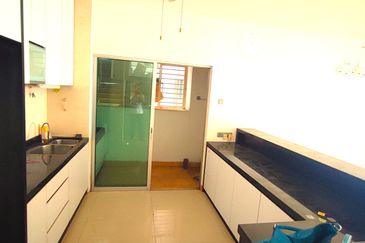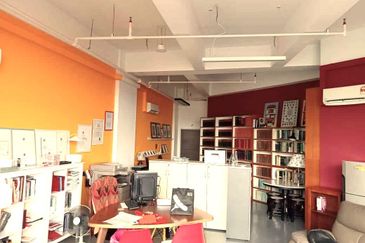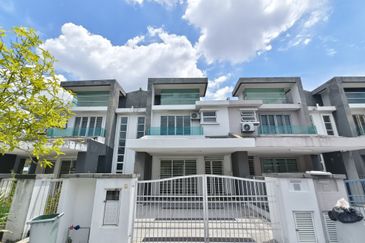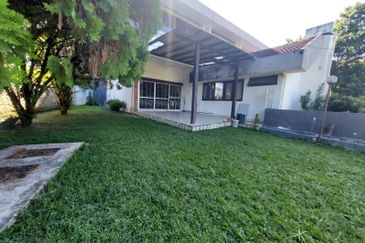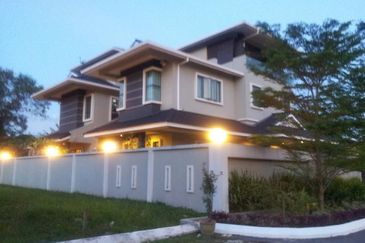
With Malaysia's median household income of RM5,228 in 2016, RM188,208 should be the maximum affordable house price, when utilising Demographia International's Median Multiple (MM) method in which homes are considered affordable only if it is less than three times the household median annual income.
The Edge reports that this is a level which Malaysia and many other parts of the world have not experienced since 2004.
The average all-house price of Malaysia was RM387,258 as at end 2016, according to data by the Valuation and Property Services Department (JPPH) cited by the publication.
At that price, Malaysians would need to earn RM10,757 for the average house cost to be affordable, as opposed to the current "severely unaffordable" at 6.17 times income.
The average household already have little to no disposable income left after spending on necessities, income taxes and compulsory social security schemes, so reducing the cost of housing and transport which can make up 42% of household expenses, would help if this regard.
Highlighted in Budget 2019 was the fixed-price monthly transport card, and the private sector-driven property crowdfunding platform. According to Finance Minister Lim Guan Eng, it only serves as an alternative source of financing for first-time home buyers.
An example of such a platform is FundMyHome, which was built to help Malaysians own homes instead of renting.
It "will not require government funding, concession or guarantees", says Tong Kooi Ong, chairman of EdgeProp Sdn Bhd, in an open letter to former prime minister Datuk Seri Najib Razak.
Under the FundMyHome platform, investors (currently institutions, not individuals), pay 80% of the property price, and get a 5% guaranteed yield on their investment, per year for five years. Then 80% of the share of the upside in property price should it appreciate after five years.
Buyers, pay 20%, gain full utilisation of the property for five years, allowing them to save on rent, and gets a 20% of the gains should the property appreciate.
As the loan rejection rate can be high, taking out a loan of 20% of a properties value would be more likely than 80%, giving aspiring homeowners the choice to put their rent money towards owning 20% of a home, instead of just paying rent.
Or the buyer could earn rental income from the property for five years.
The buyer could opt to buy the property after the five year period, or go under another 5 years if ther are willing investors.
Concerns about platforms such as these fuelling property speculation can be tempered by the fact that FundMyHome is for first-time homebuyers, and limited to properties priced below RM500,000.
The 80% investor is limmited to institutions, pending details from the Securities Commission of Malaysia that will enable the wider public to invest.
In the meanwhile, increasing disposable incomes of first-time homebuyers will have knock-on effects that may raise national savings or private consumption to boost the nation's economy.
TOP PICKS BY EDGEPROP
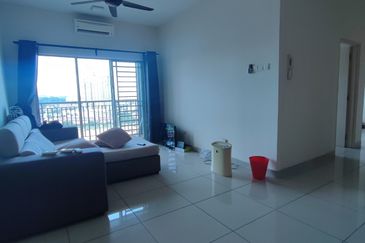
OUG Parklane
Jalan Klang Lama (Old Klang Road), Kuala Lumpur
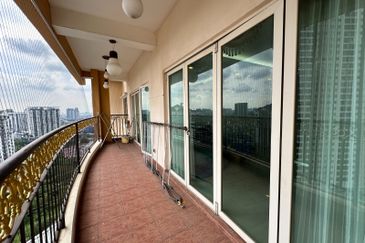
Continental Heights
Kuchai Lama, Kuala Lumpur
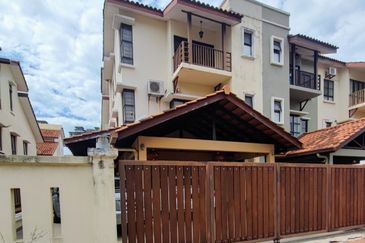
Bukit Jalil, 2.5 Storey house (end lot), Taman Jalil Sutera, Kuala Lumpur
Bukit Jalil, Kuala Lumpur

Kawasan Perindustrian Nilai
Nilai, Negeri Sembilan
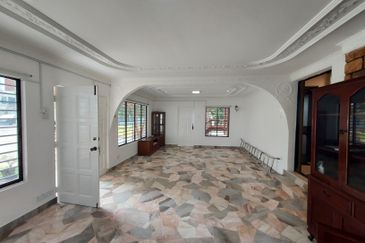
Jalan Damai
Wilayah Persekutuan Kuala Lumpur, Kuala Lumpur

Mitsui Serviced Suites @Bukit Bintang
Bukit Bintang, Kuala Lumpur
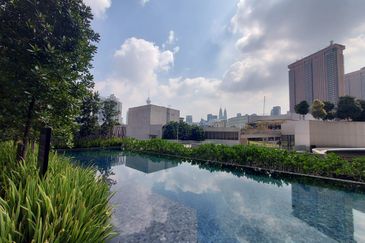
Mitsui Serviced Suites @Bukit Bintang
Bukit Bintang, Kuala Lumpur
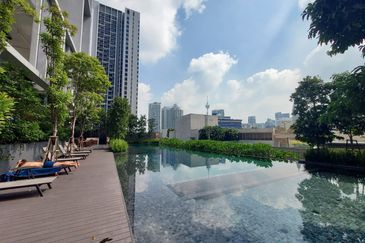
Mitsui Serviced Suites @Bukit Bintang
Bukit Bintang, Kuala Lumpur
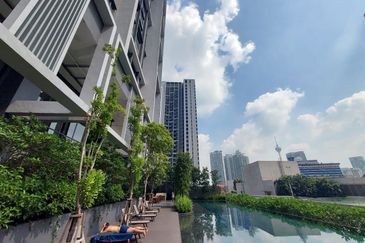
Mitsui Serviced Suites @Bukit Bintang
Bukit Bintang, Kuala Lumpur
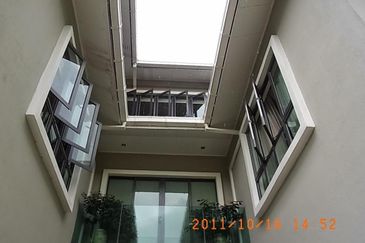
Jalan Damai
Wilayah Persekutuan Kuala Lumpur, Kuala Lumpur

Taman Connaught (Sri Cendekia)
Cheras, Kuala Lumpur



